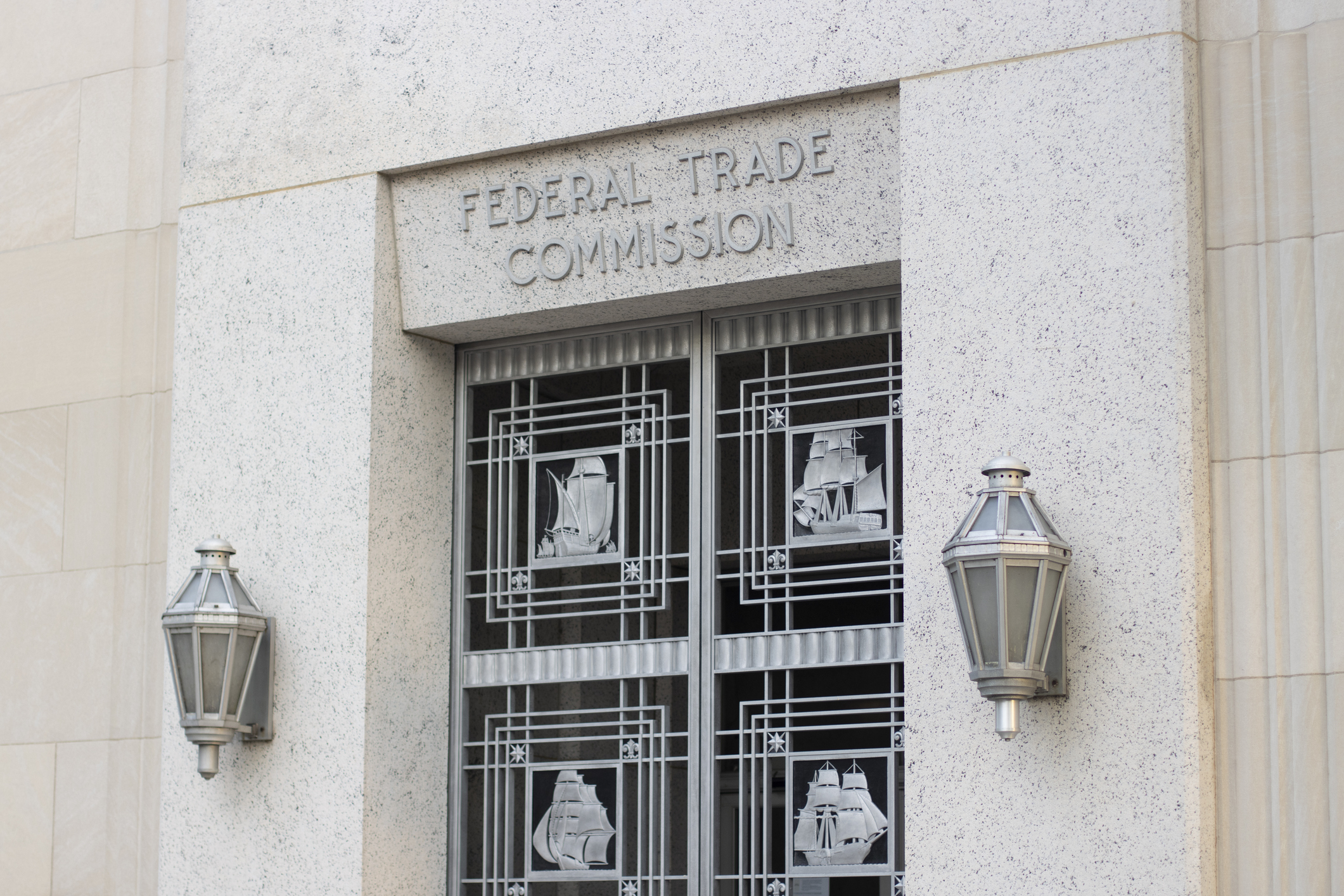
In a significant development that could impact taxpayers, the Federal Trade Commission (FTC) has finalized a settlement with H&R Block, one of the nation's leading tax preparation companies.
The order, announced Thursday, mandates changes to H&R Block's advertising and customer service practices for the upcoming 2025 and 2026 tax seasons.
The settlement addresses long-standing issues in the tax preparation industry, particularly the practice of upselling and the difficulties consumers face when trying to access genuinely free tax filing options. Here’s more of what you need to know.
H&R Block misleading tax filing practices
The settlement comes in response to a February 2024 FTC complaint that accused H&R Block of engaging in unfair and deceptive practices.
As Kiplinger has reported, the company denied the allegations, which included making it difficult for consumers to downgrade to less expensive tax preparation products and misleadingly advertising H&R Block's "free" tax filing services.
H&R Block must pay $7 million, which will reportedly be used to compensate affected consumers.
Here are other key points of the settlement.
- By February 15, 2025, H&R Block must implement a system allowing consumers to downgrade products through automated means, like chatbots, rather than requiring them to contact customer service directly.
- The tax prep company must, by 2026, stop deleting consumers' previously entered information (data wiping) when they downgrade products.
- H&R Block is now obligated to disclose in its "free" product advertisements either the percentage of taxpayers eligible for these products or state that most taxpayers don't qualify.
What happened to some H&R Block customers?
According to the FTC, consumers who tried to downgrade to a less expensive H&R Block product were unnecessarily forced to contact customer service. When customers finally succeeded with the downgrade, they were penalized by having their data wiped, which forced them to start over.
As a result, the FTC contended that some consumers chose to stick with the more expensive product, even when it wasn't needed. Some of these customers were reportedly misled into selecting the more expensive product.
The agency also alleged that H&R Block had been running deceptive ads for years.
Although the company made some changes to its advertising, what the FTC describes as vague statements and hard-to-find information continued to mislead consumers into thinking they could file for free when they didn’t qualify.
Note: It's important to remember that your income, age in some cases, and the complexity of your federal income tax return are some factors that determine which free tax filing options you can use and which are best for you.
Additionally, no matter the service you select, various eligibility criteria may make you ineligible to use the free versions of certain products and services.
Regarding the settlement, a spokesperson for H&R Block provided the following statement to Kiplinger.
"H&R Block prides itself in providing consumers with quality online tax preparation products, which has never been an issue in this matter. Many of the changes in the settlement have either already been made or are in process. We are pleased to put this behind us so we can focus on serving our clients during the 2025 tax season."
Free tax filing impact
These changes are expected to improve the tax filing experience for millions of U.S. taxpayers.
Samuel Levine, Director of the FTC's Bureau of Consumer Protection, emphasized the importance of this action, stating in a release, "American taxpayers who seek tax-filing help should be able to choose the services they need—and know the truth about how much they'll pay.”
The FTC hopes to reduce consumer frustration and financial burden during tax season by requiring H&R Block to be more transparent about its "free" offerings and making it easier for consumers to choose appropriate products.
As the 2025 tax season approaches, taxpayers should be aware of these upcoming changes and their rights when using tax filing services.
For example, last year, the FTC found that Intuit, maker of Turbo Tax, misled consumers with "free" tax products and services many people were not eligible for. The Commission found this to violate the Federal Trade Commission Act, which prohibits deceptive acts and practices.
At the time, Intuit said it had “always been clear, fair, and transparent with its customers and was committed to free tax preparation.”
This story has been updated to include a comment from H&R Block.







